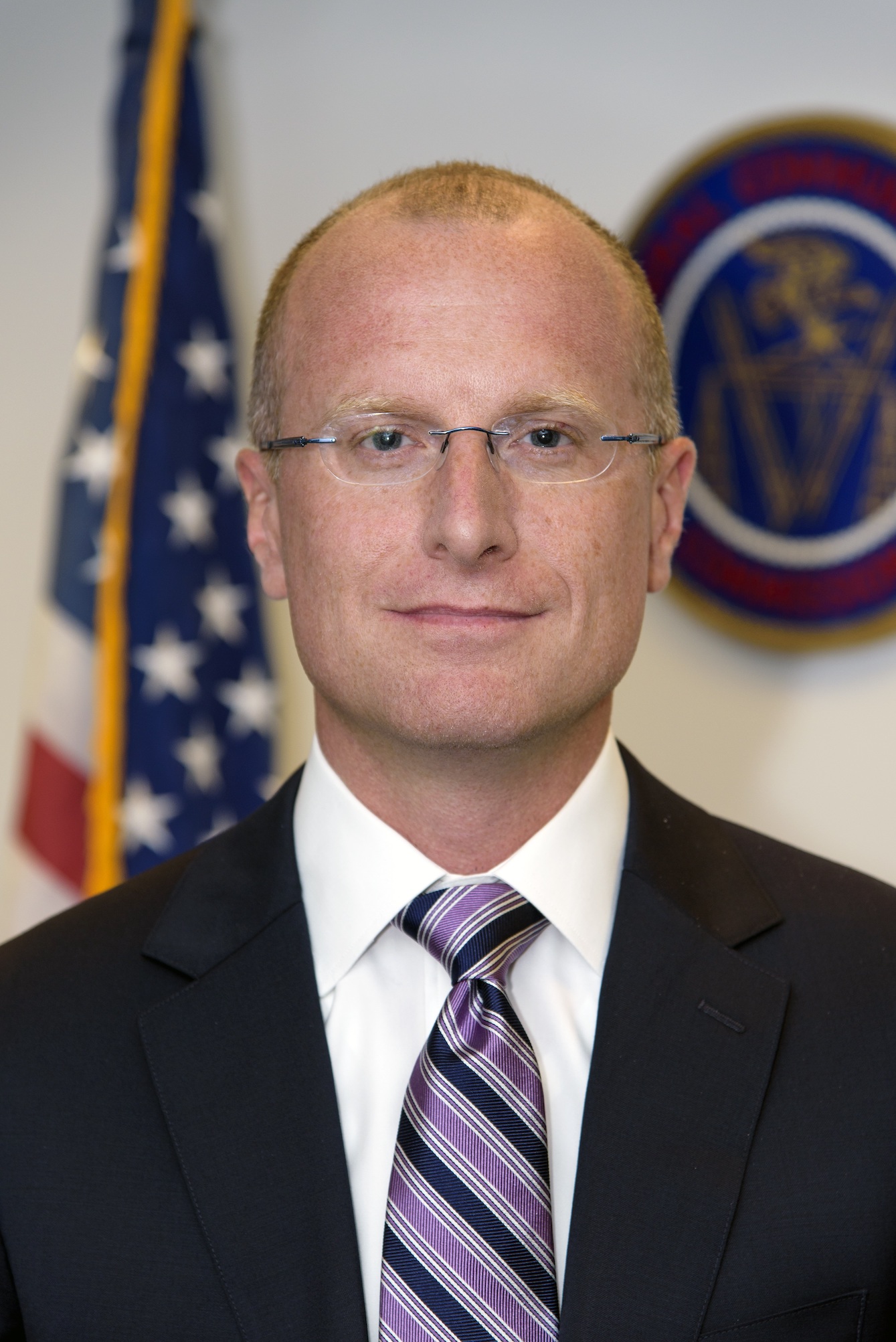FCC Commissioner Brendan Carr. Photo: FCC
President-elect Donald Trump has nominated Brendan Carr to lead the Federal Communications Commission as chairman, announcing the appointment in a statement on Nov. 17.
Carr is the senior Republican on the FCC. He was a Trump appointee to the commission and has served as a member of the commission since 2017. He previously served as the FCC’s General Counsel and as an aide to FCC commissioner Ajit Pai.
“Commissioner Carr is a warrior for free speech, and has fought against the regulatory lawfare that has stifled Americans’ freedoms and held back our economy. He will end the regulatory onslaught that has been crippling America’s jobs creators and innovators,” Trump said in a statement.
Carr said he is honored to serve as chairman and gave some insight into his priorities for the commission in a series of posts on X, saying he aims to “dismantle the censorship cartel and restore free speech rights,” and end the FCC’s promotion of diversity, equity, and inclusion (DEI).
This appointment could have implications for how the FCC treats satellite broadband in federal subsidy programs. Carr has been highly critical of the FCC’s decision to cancel Starlink funding in the Rural Digital Opportunity Fund (RDOF). He has issued multiple statements against the decision, arguing that it exceeded the agency’s authority, and taking issue with the standard of review the decision used.
He recently called for a “more sophisticated discussion” of how satellite broadband is treated by the FCC in the commissions’ formal inquiry into the state of broadband in the U.S. Carr said the FCC has not treated satellite broadband as a true competitive option, an approach that longer makes sense in the context of large-scale deployment in Low-Earth Orbit (LEO).
“We are long overdue for a refresh on the competitive significance of satellite broadband. Indeed, [the report] should take a fresh look at emerging and extant sources of intermodal competition,” Carr said in a September statement.
Carr authored the FCC section of conservative policy document Project 2025, arguing for greater regulation of Big Tech, addressing TikTok’s threat to national security, and moving more quickly to approve new satellite technologies.
After Trump won the election earlier this month, Carr issued a statement giving some insight into what a Republican-led FCC will focus on.
“When the transition is complete, the FCC will have an important role to play reining in Big Tech, ensuring that broadcasters operate in the public interest, and unleashing economic growth while advancing our national security interests and supporting law enforcement. The FCC can and must deliver results for the American people,” Carr said on Nov. 7.




